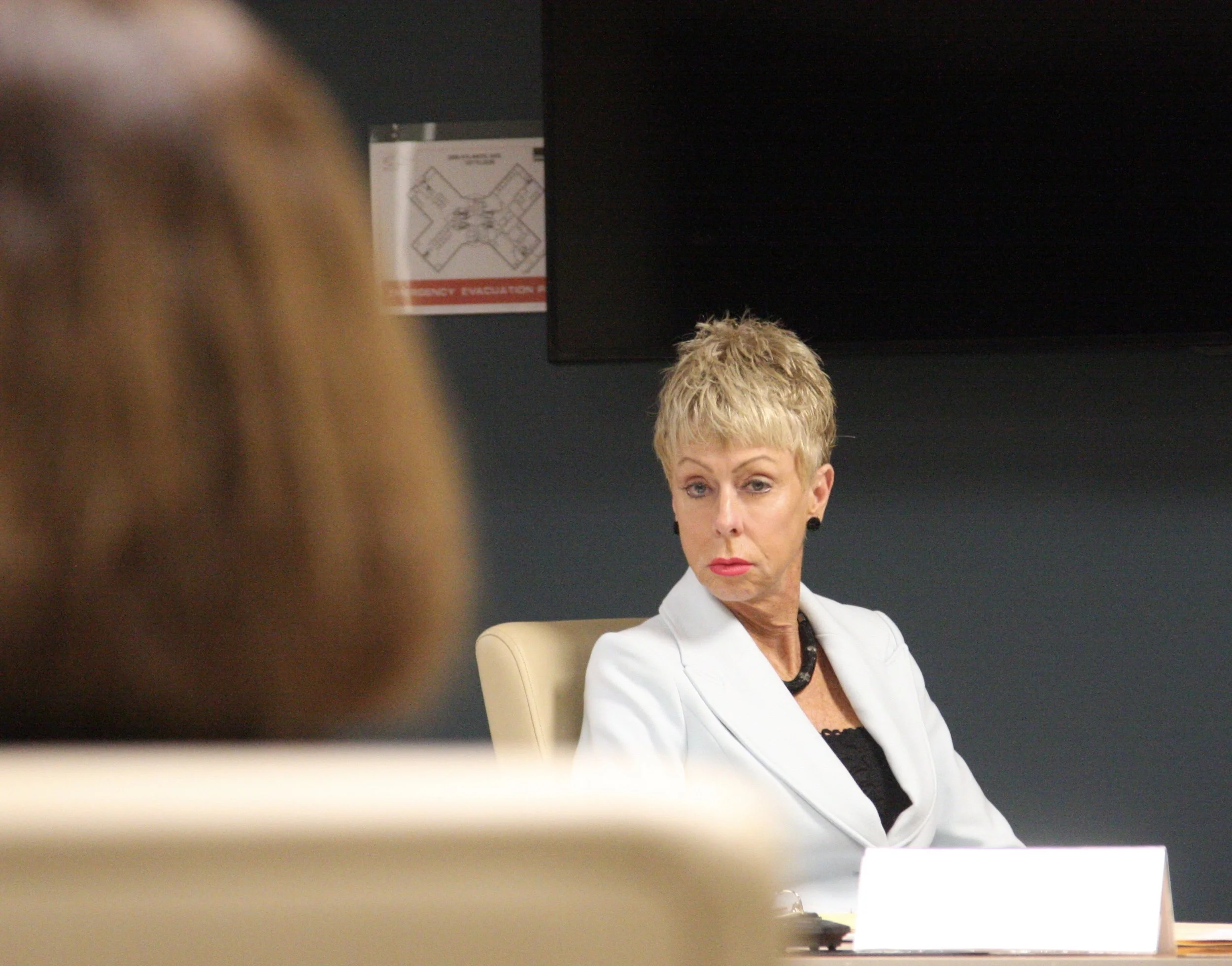N.C. auditor details alleged embezzlement, some $430K, in Spring Lake
By Johnny Kampis, Carolina Journal
The state auditor’s office found that a former accounting technician in the town of Spring Lake misappropriated more than $430,000 in taxpayer funds for personal use and has referred its report to the FBI and State Bureau of Investigation for a possible criminal investigation.
In the scathing report released Thursday, March 17, State Auditor Beth Wood’s team found a number of troubling financial issues, including:
More than $36,000 in cash missing from the Revenue Department and the Recreation Department daily deposits.
Questionable credit card purchases from town employees using nearly $103,000 in town funds.
Overpayment of the former economic development director by nearly $10,000.
The report doesn’t name the technician, but records show that Gay Tucker served in the role during the years examined by auditors. In that role, Tucker was responsible for processing invoices for payment, issuing checks, and completing bank reconciliations. The audit indicates poor supervision is to blame: the report states that the former finance director did not ensure that Tucker was reconciling bank statements and “the Town Board of Aldermen neither received nor requested financial information on a consistent basis that would have revealed financial issues such as the misuse of Town funds.”
After serving as accounting technician for Spring Lake from July 2014 to March 2020, Tucker served as interim finance director before moving back into the technician role before her termination in July 2021.
The state examiners found that Tucker wrote 72 checks between 2018 and 2021 deposited into her local bank accounts and to Heritage Place Senior Living to pay her husband’s residency bills.
Town officials admitted to auditors they didn’t do an adequate job of supervising Tucker’s work with the town, and examiners recommended in the audit that the town consider legal action against the former accounting technician.
Auditors also found that in 2019 and 2020 town employees used town credit cards to make 602 purchases totaling $102,877 that lacked either an itemized receipt or adequate documentation to support a valid town purpose. That represented 45% of all credit card purchases during that two-year period. That continued a trend in Spring Lake as a 2016 state auditor’s report found similar questionable expenses.
“If the Town had followed the recommendations from the 2016 report, developed a detailed corrective action plan, including an estimated date for implementation and who was responsible for the corrective action, and ensured the plan was put in place and followed by Town employees, the issues found in this investigation, especially those that are repeated from the 2016 investigation, may not have occurred,” the audit released Thursday notes.
Spring Lake is a town of about 12,o00 people that borders Fort Bragg and Fayetteville in Cumberland County.
The report also points out that the former economic development director was erroneously overpaid $9,900 in April 2020 for his monthly cell phone stipend. The payroll technician entered the stipend as $10,000 instead of $100 while processing the payroll. The director didn’t inform the town of the overpayment and it was discovered in March 2021 during an audit. Examiners said the town should seek reimbursement for the overpayment.
The Local Government Commission took control of the town’s finances in October after some of the financial malfeasance came to light, resulting in concerns that the town couldn’t balance its annual $13 million budget. State officials found that the town permitted spending that wasn’t in the general fund budget, and it was revealed the town got a $1 million loan in October from the South River Electric Membership Corporation to build a fire station without getting LGC approval.
Noting the long-time financial turmoil of the town, State Treasurer Dale Folwell told Carolina Journal “the more we peel the onion, the more we cry.”
He’s concerned about the millions of taxpayer dollars that flow into the coffers of small towns, often lacking capable accountants and transparency. And Folwell, who serves as chairman of the LGC, said the problem is not an easy fix because “you can’t legislate common sense and common courtesy.”
Folwell said it’s up to local citizens to become more involved to ensure their tax dollars aren’t squandered. He pointed to East Laurinburg, which had its charter revoked after years of financial trouble.
Folwell noted that in the most recent East Laurinburg town election, with four open council seats and the mayor position open, only one resident ran for office.
“The communities have to be more engaged and interested in the process,” he said.



